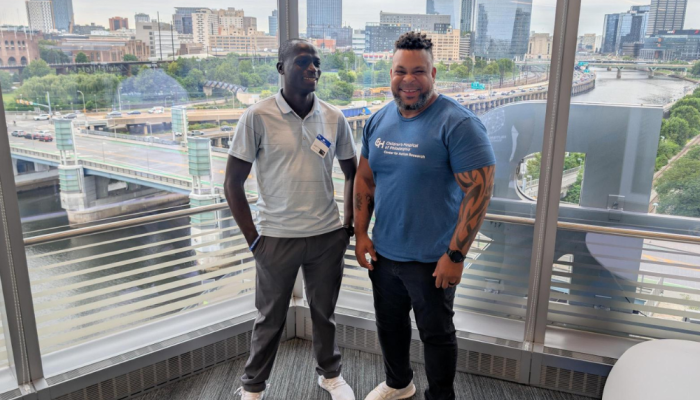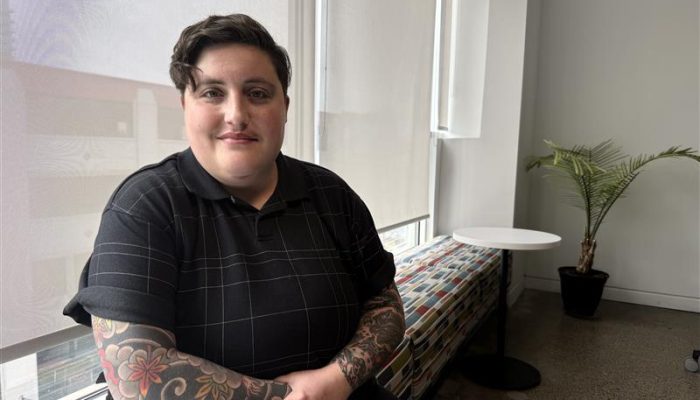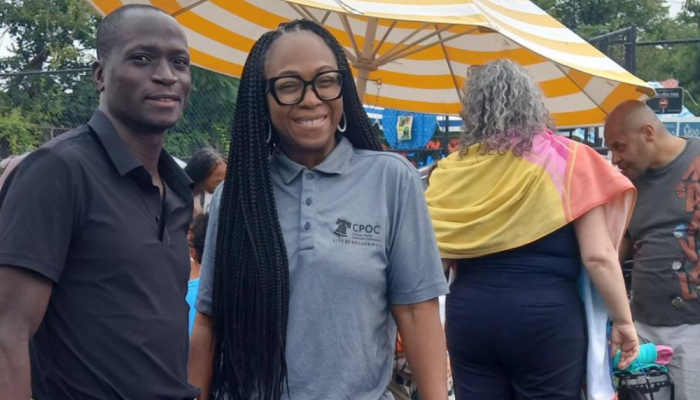Tuesday, August 12, 2025
As part of my ongoing Professional Development Experience with the Citizens Police Oversight Commission (CPOC), I had the privilege of visiting the Delaware Valley Intelligence Center (DVIC).
This facility plays a vital role in supporting not only the Philadelphia Police Department, but also law enforcement agencies across the country. The tour and sessions were incredibly insightful, showcasing how integrated systems and collaborative intelligence can streamline investigations, strengthen evidence, and ultimately deliver timely and fair justice.
One key takeaway: technology is indispensable in modern policing. With cybercrime on the rise globally, technological resources are just as critical as human expertise. Law enforcement must go beyond telling communities that great work is being done, we must show them. Transparency, efficiency, and real-time case handling are essential to building public trust, and intelligence centers like DVIC are central to that mission.
I’m deeply grateful for this opportunity to learn from some of the best in the field. This experience stands out as one of the most enriching moments in my career, and I look forward to applying these insights in service of justice and accountability
Monday, August 18, 2025
Today, we had the privilege of visiting the Children’s Hospital of Philadelphia’s Center for Autism Research, where we deepened our understanding of how to better serve individuals with autism in the line of duty.
In law enforcement, noncompliance is often misinterpreted as defiance or guilt, but for individuals with autism or other medical conditions, it may simply be a communication barrier
Thanks to Jamiel Owens, Family Relations Coordinator at the Children’s Hospital of Philadelphia, we learned about the importance of:
- Recognize signs of autism during calls
- Build rapport through calm communication and shared interests
- Avoid triggers that may escalate distress
This experience served as a powerful reminder that our procedures must grow along with our communities. Specialized training isn’t optional; it’s crucial. If we’re truly dedicated to treating every person with dignity and respect, we need to keep learning how to meet people where they are.




